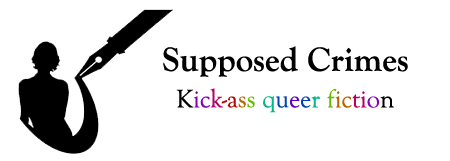
This might be the most basic, important question for a writer to ask, whether spinning a yarn about mythical beasts or typing out a memoir: Who is your target audience?
"Anyone who wants to read it" is certainly a valid answer, but the difficulty there is that it might be too generic to develop either your characters or your story. Some pitfalls of this include making a book on a social issue (like police brutality or homophobia or intimate partner violence) feel like an educational tome. It can become less of a plot than a 101 on the subject because the author feels obligated to explain to the inexperienced.
If the goal really is to educate through storytelling, that definitely has its place. Certainly even stories aimed at a particular population can teach us something we didn't know before. But that also speaks to who the intended audience is. A non-fiction book by an expert on adolescent gender identity is probably less for transgender teens and more for parents, caregivers, or teachers, for example. While a fictional story about a transgender teen is ideally aimed at trans youth, not at educating their parents.
That doesn't mean an author has to have some highly specific audience who match the main character on all points. After all, boy wizards, Hobbits, vampires, and children wandering into other countries through a wardrobe are somewhat hard to come by. What is important is knowing what general category of readers might enjoy the book.
The majority of Supposed Crimes books are by, about, and for women who love women. The term for this is "own voices." You can check that out as a hashtag on virtually any social media to see other types of OV work.
Naturally, I don't believe every book must be OV. I have deep respect for people who are part of literary communities writing respectfully outside of OV (for example, my male colleagues writing lesbian fiction with women in mind as their audience). Every single adult author of books with teenage protagonists is operating outside OV! (It could be argued that we all once were teens, but my adolescence looked a lot different from my children's, so I don't think it's quite as universal as it seems. This is a problem I've seen with some YA authors who end up writing teenage characters obsessed with the author's era because they simply don't know enough about modern youth culture.)
There's no denying it, though, as a writer I want to talk to "my" people. Even though I write (for the time being) m/m, my target audience is neither straight women nor gay men, the usual presumed/intended population. I primarily write with bisexual readers in mind, which means speaking to my own community regardless of the genders of the characters. It's wonderful if someone else enjoys my work, of course. However, it should be understood that they're not the focus.
How about you? If you're a writer, what's your target audience? What would an own voices story look like for you as either a reader or an author? Who are your go-to own voices authors or books?
Don't forget to check out all the terrific own voices books offered here, if you haven't already. Happy reading!
